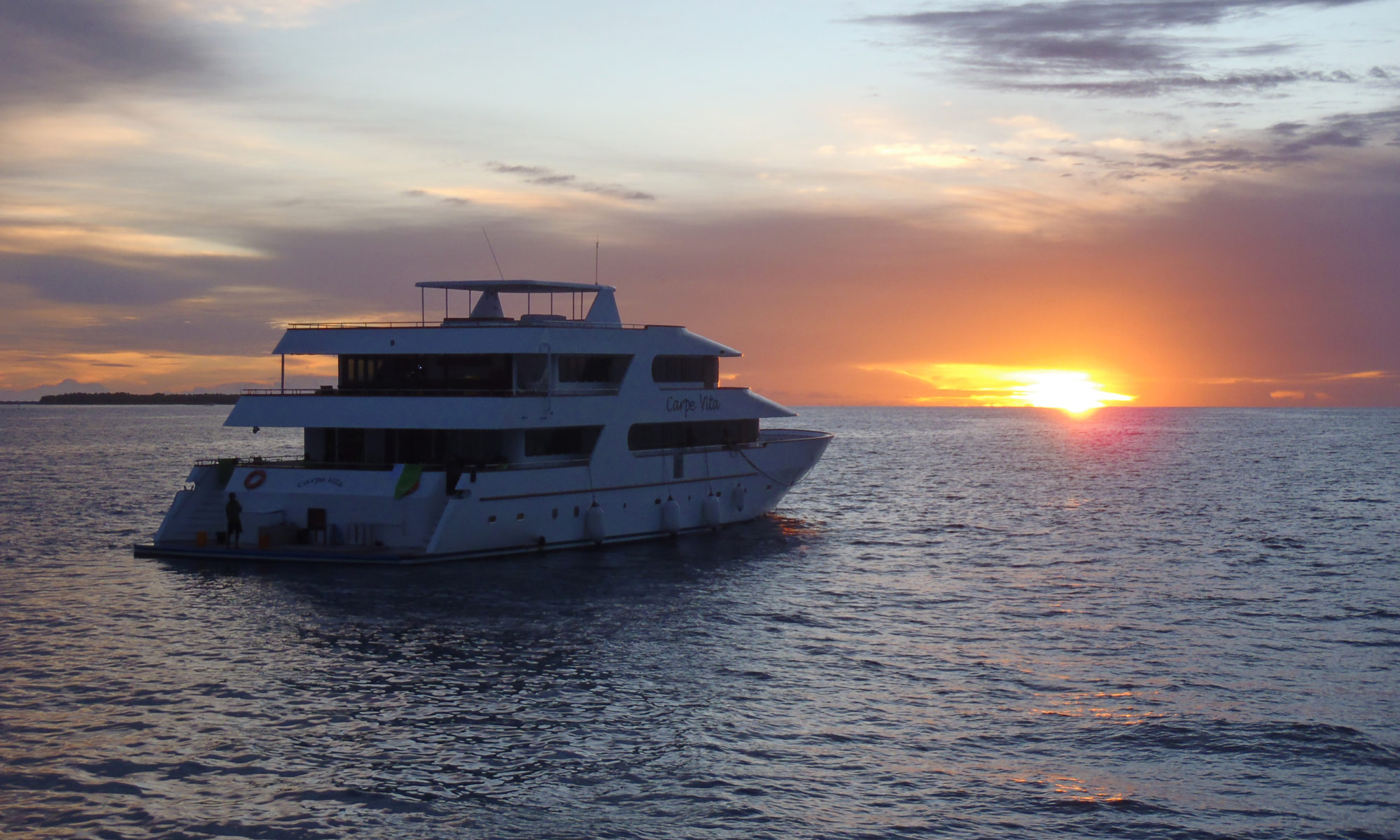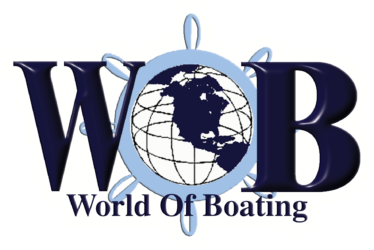Following accident, Lake Norman explores boat rental ordinance
March 14, 2012
After an accident left a woman with serious injuries following a day on the water with an inexperienced boat operator last summer, the Lake Norman Marine Commission accelerated its action to create an ordinance regulating boat rentals on the North Carolina lake.
The commission had previously discussed an ordinance to ensure rented boats are operated safely, but it was boat rental operators who brought it to the forefront and spurred it into action, said Ron Shoultz, chairman of the committee.
The commission formed a committee of both rental operators and law enforcement that will have three months to create proposed rules for rental boat companies.
“We are really trying to get people that are familiar with the industry and get their feedback,” Shoultz said. “We are not going to make up rules or regulations that boat operations will say, ‘What are you doing?’ We want it to be self-policing.”
Brian MacArthur, owner of Saltshaker Marine, which rents powerboats on Lake Norman, attended a recent meeting by the commission and said he is in favor of the ordinance – as long as it is within reason.
“I am all for regulation of safety on the water and do not approve of boat rentals that jeopardize anyone’s safety. I know my company does follow the proper procedures,” said MacArthur, whose company uses a safety checklist that covers operating and safety procedures with the operator.
Following last year’s boating accident, Shoultz said boat rental companies, many of which use processes similar to those at Saltshaker Marine, received unfair criticism from the media. The ordinance is aimed to ensure all boat rental companies are mandating safety to the best of their abilities.
“You can have the best boater and instructor in the world, and [tragedy] can still happen,” he said. “We are not going to say, ‘to rent a boat you have to take this nine-hour class.’ The bottom line is to improve safety and ensure a standard that all boat rental companies would adhere to.”
Since 2008, boat rental companies in the state of Washington have adhered to a process similar to what has been discussed for Lake Norman.
Washington is gradually transitioning to an ordinance that mandates boater education for boat owners, which is already in effect for boaters under the age of 40.
However, rental companies are only mandated to use a dockside checklist that takes approximately 10 minutes to walk through with the operator.
Jim French, boating education specialist for Washington State Parks, said requiring boater education for the rental community would deter tourists and customers who spontaneously decide to rent a boat. Therefore, the checklist ensures an understanding while taking a reasonable amount of time, according to French.
Similar to at Lake Norman, French said Washington depends on its law enforcement to ensure the checklist is preventing dangerous boaters from hitting the water.
“The local law enforcement that patrols the waterways notice a novice behind that boat, they can tell us the rental checklist needs a few items added on,” French said.
Our view from the helm:
The story opened with “After an accident left a woman with serious injuries following a day on the water with an inexperienced boat operator….”
The simple fact of this story is that the only fault that can be assigned to the boat operator is that he failed to control the actions of his passengers. The woman that was injured chose to jump out of the boat while the engine was still running and the driver was attempting to position the boat in order to tie up to other boats out on the lake.
If they are going to have an ordinance that is worth more than the paper its printed on they need to have something with some teeth like mandatory boat safety education for all boaters including those who rent boats. A dockside checklist is not sufficient to ensure that a renter has been adequately instructed as to the proper use of the boat. They should also tie any penalties or fines directly to the boat operators drivers license.
The double standard is that you can't rent a car without a valid driver's license but you can rent a boat or PWC that can do in excess of 50mph without anything more than a credit card.

